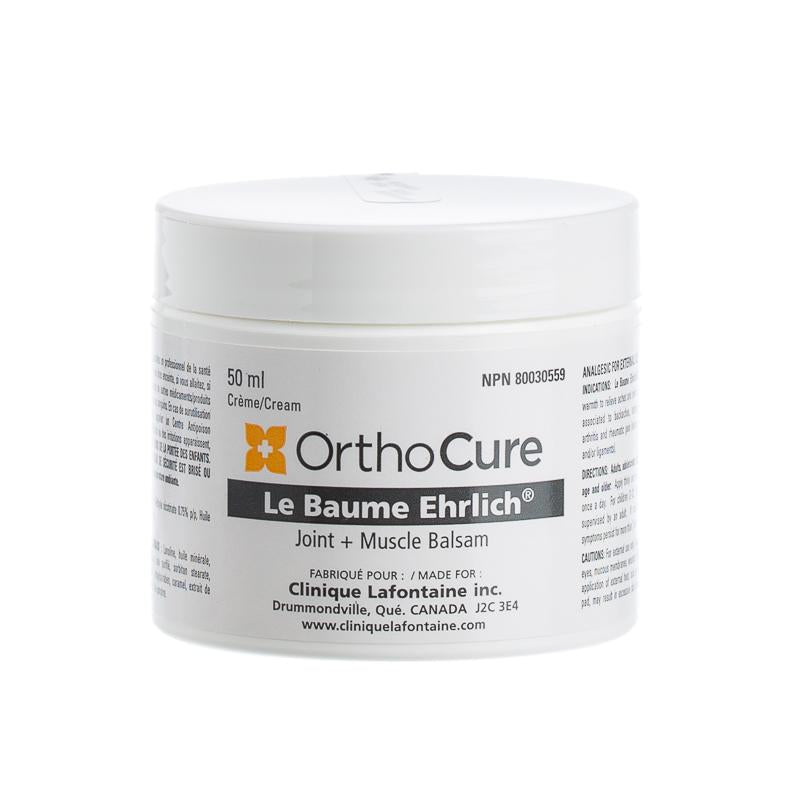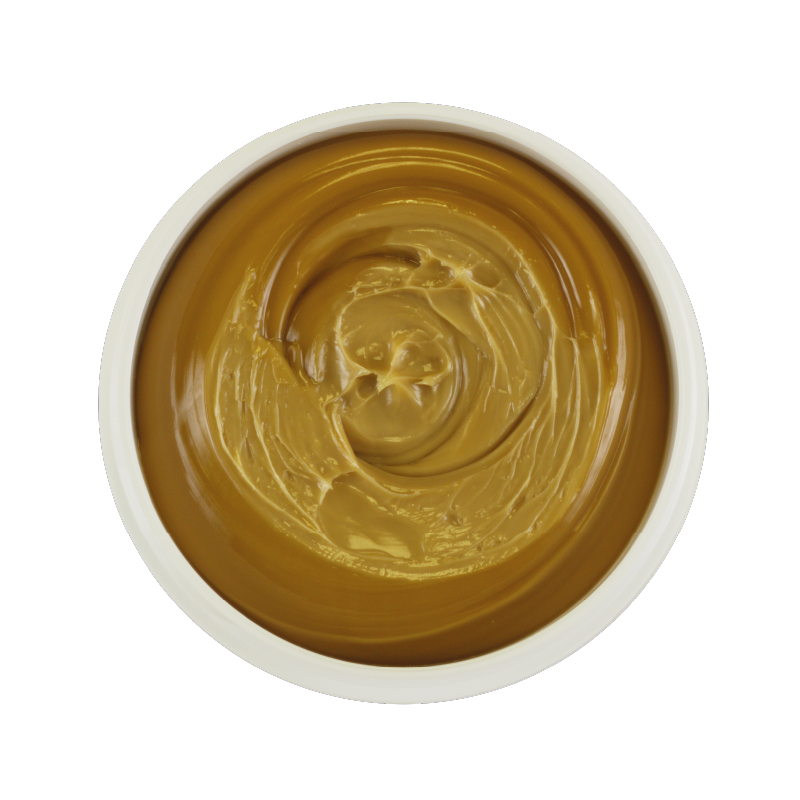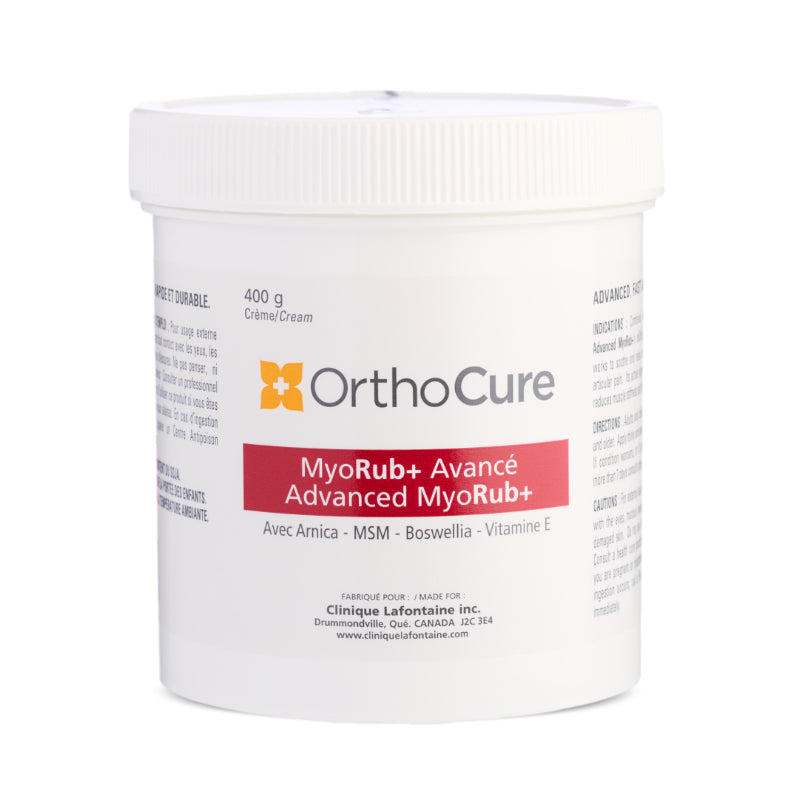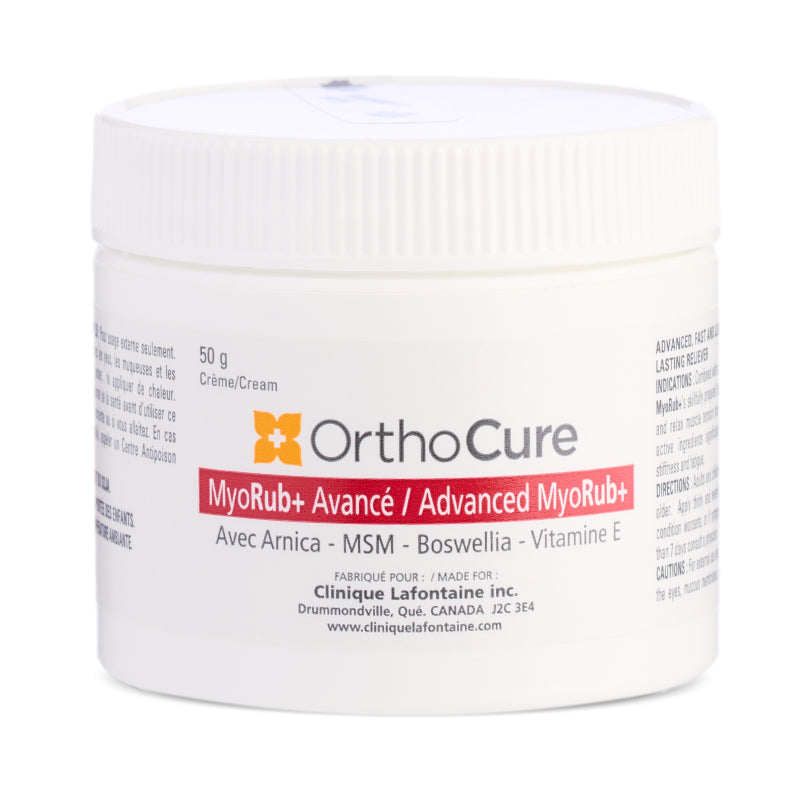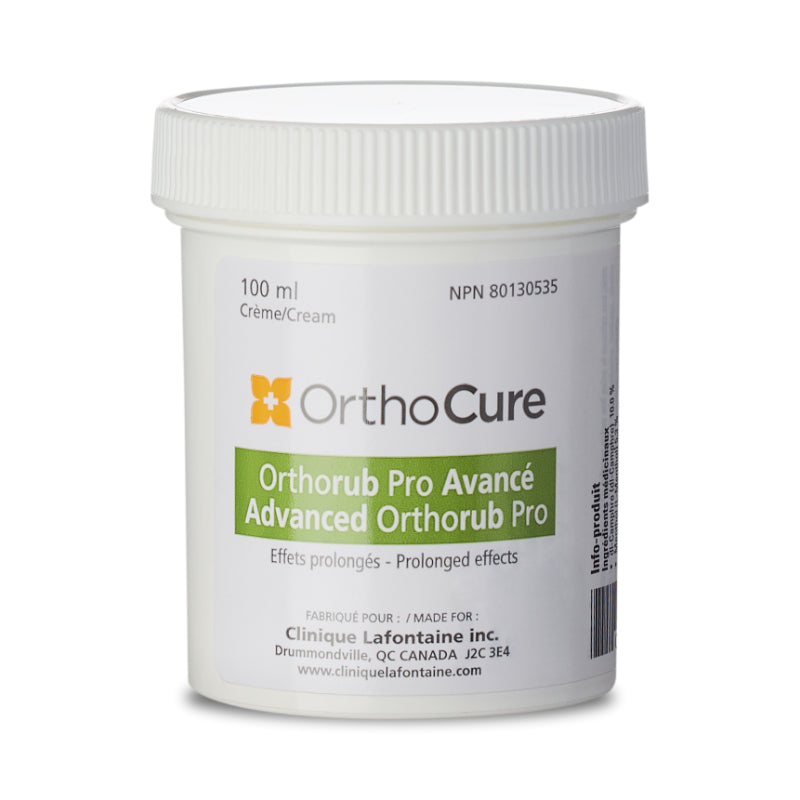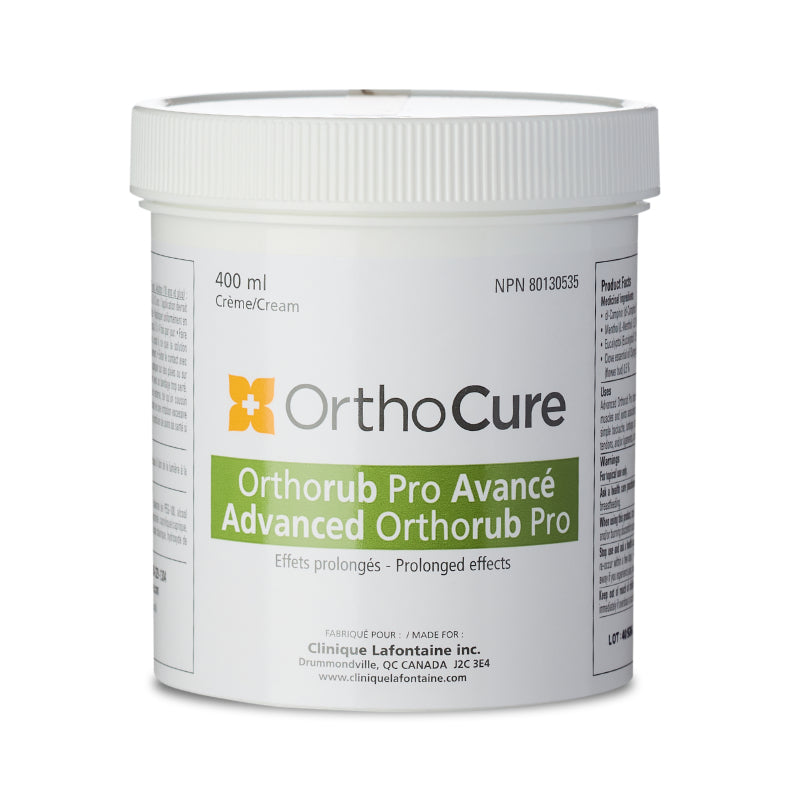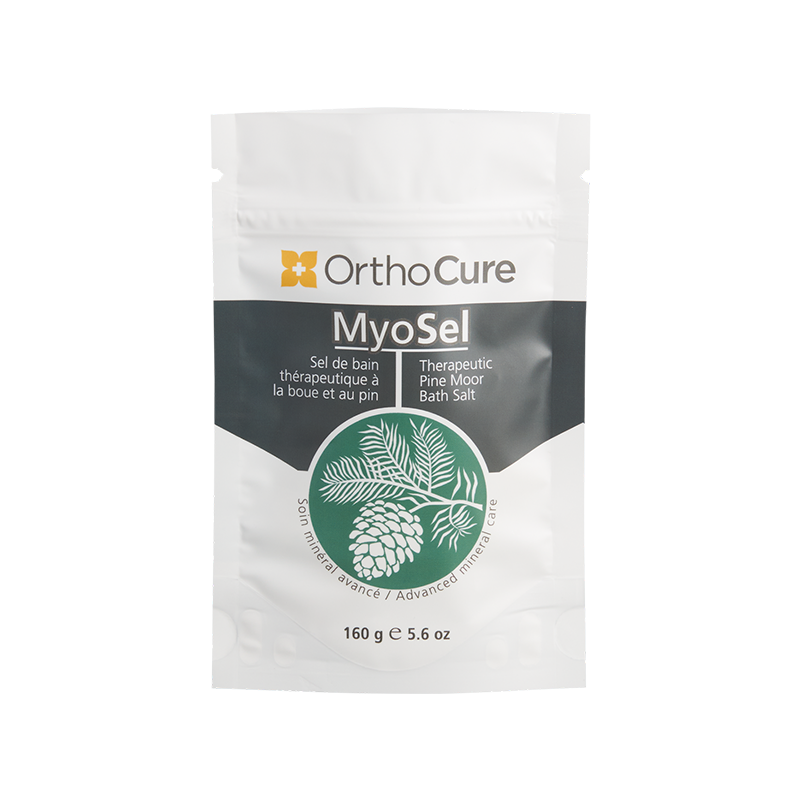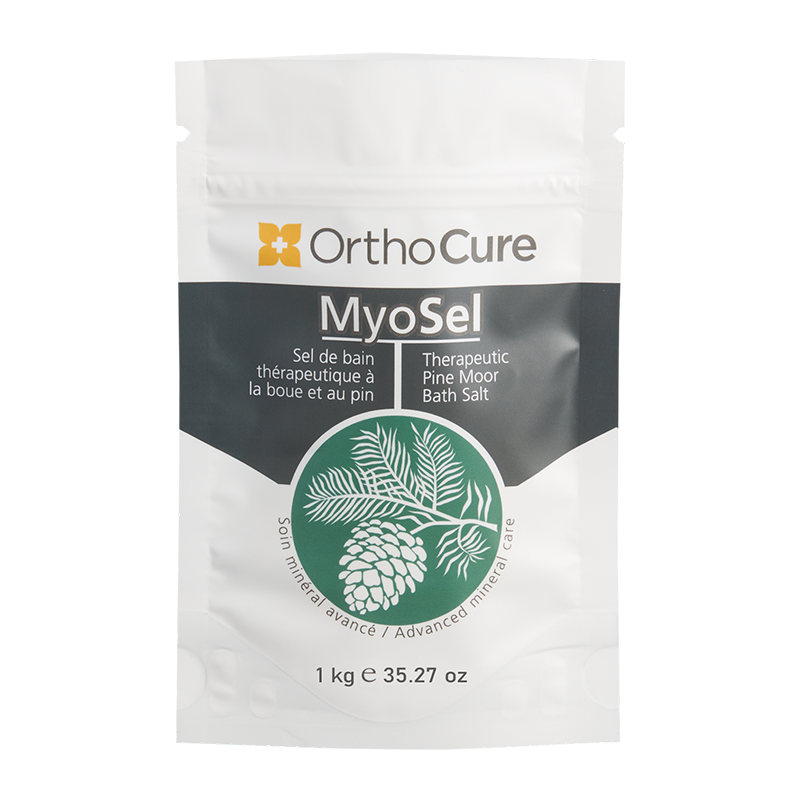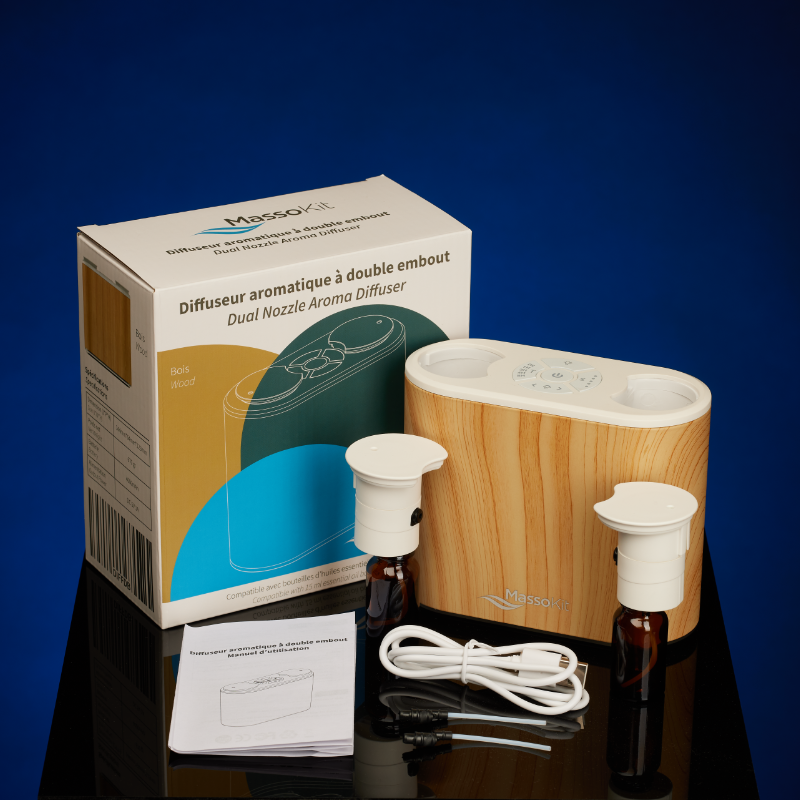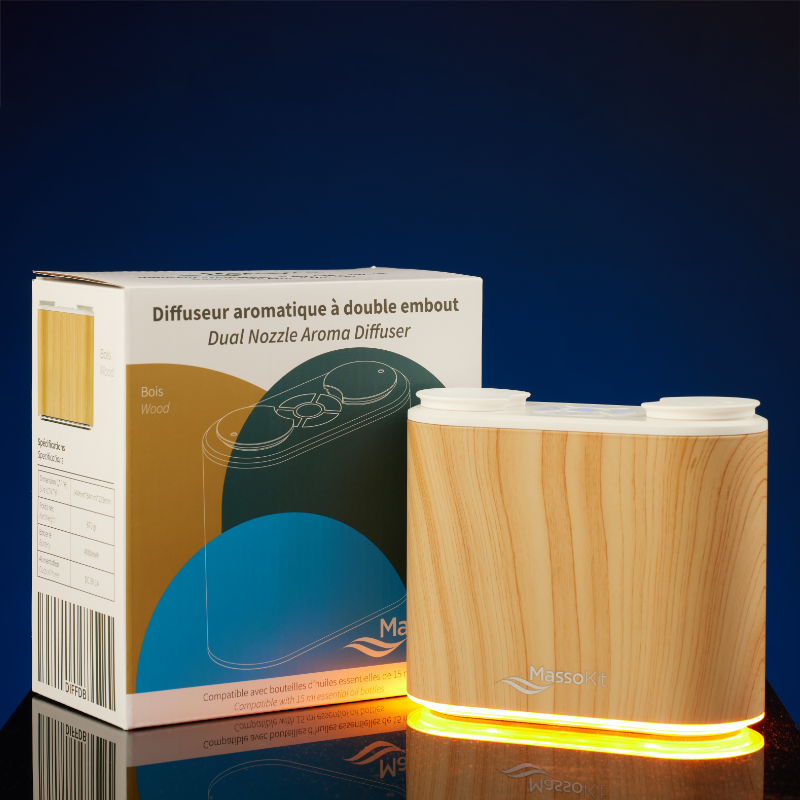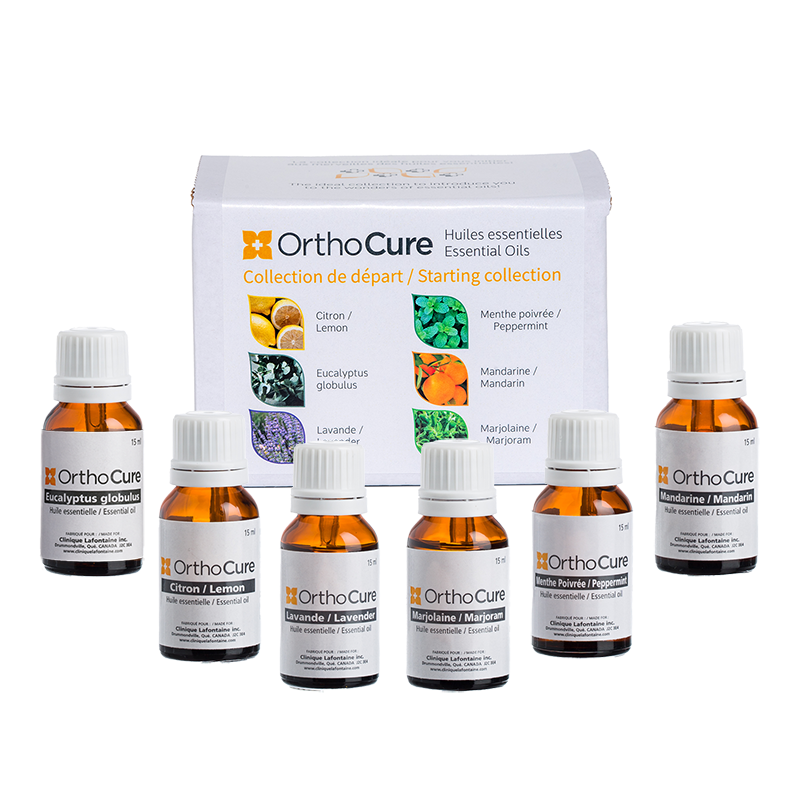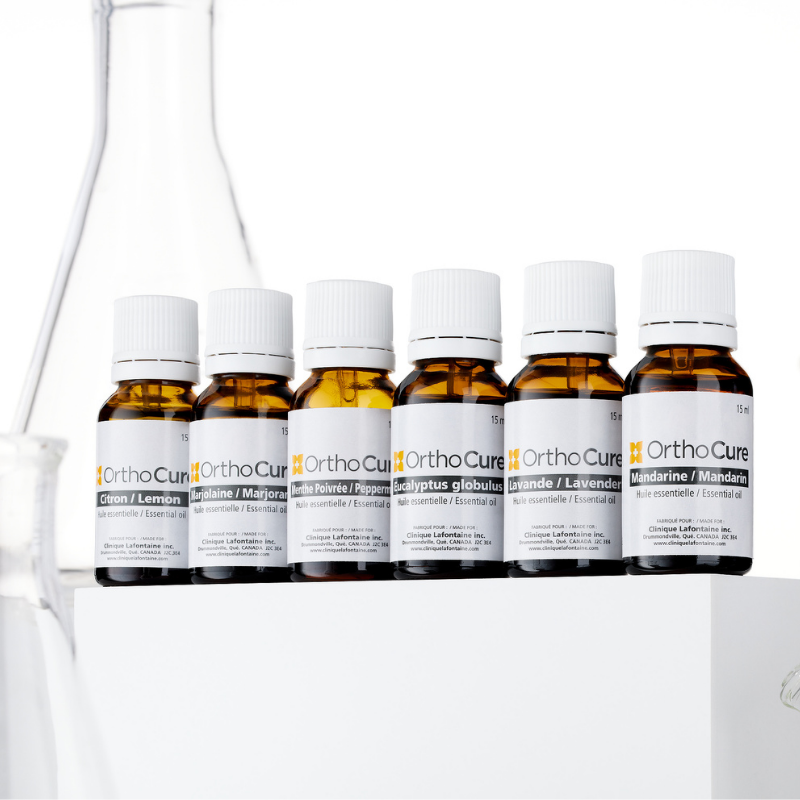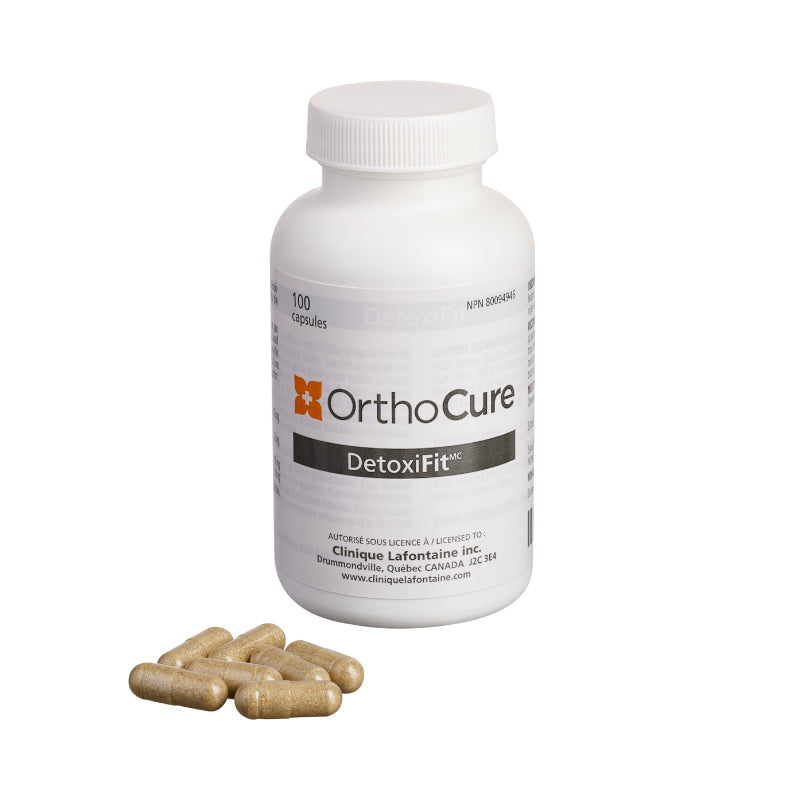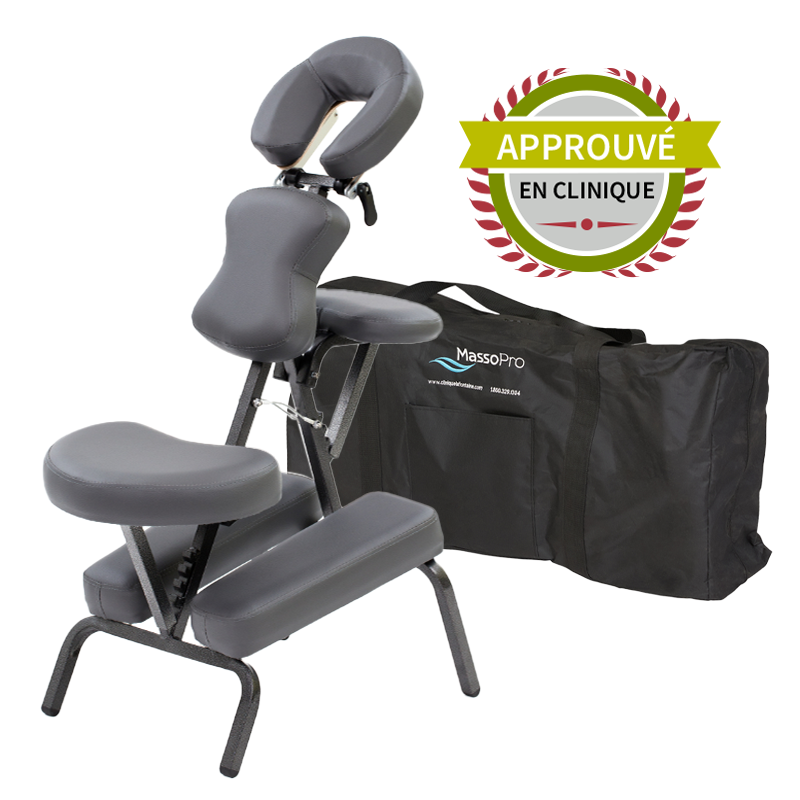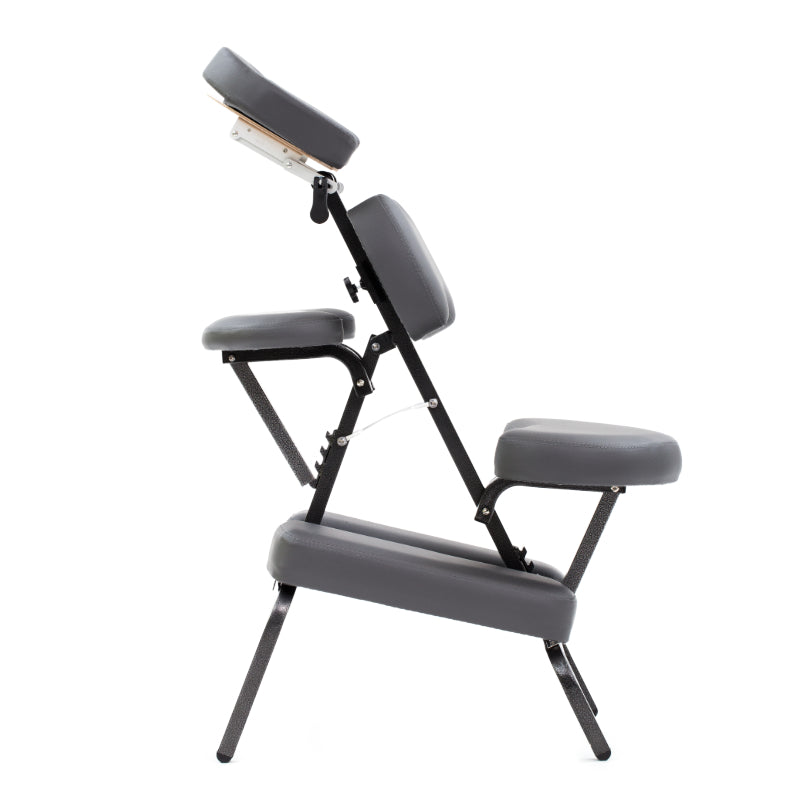L'otitis is an infection or inflammation of the ear. The so-called otitis media affects a small bony cavity in thel’middle ear, located exactly behind the eardrum. This cavity is connected by a tube, called the Eustachian tube, to another cavity, which is located at the back of the throat and nasal passages. It is often through this conduit that virus where the bacteria rise towards the middle ear. And it's usually following a cold or pharyngitis (sore throat).
L'otitis media can affect the entire population, but especially affects children. It usually results in ear pain and fever.
Causes of acute otitis media
- Most often, ear infections are the consequence of a viral infection, first manifesting as a cold or pharyngitis. Then, as a result of the runny nose, viruses can reach the middle ear. Of course, otitis media can give rise to complications (see below), but not all otitis media lead to these diseases. It is therefore unnecessary and sometimes harmful to systematically resort to antibiotics.
- In 60% to 70% of cases, a bacterial infection is then associated with the viral infection (we speak of bacterial superinfection).
Causes of persistent and recurrent ear infections
- Persistence of infected fluid in the ear after an acute otitis.
- A perforated eardrum that has not closed contributes to persistent middle ear infection.
- Allergic rhinitis (Or hay fever) or untreated allergies.
- The inflammation of adenoid glands (when infected, they can block the Eustachian tubes).
Possible complications
L'acute otitis rarely causes serious complications. However, its most frequent complications are serous ear infections and the recurrent ear infections.
Serous or recurrent otitis media can lead to hearing loss. This can, in certain cases, hinder and delay the child's language learning, hence the importance of identifying and treating them.
From rare complications, but still possible otitis media, we note labyrinthitis, mastoiditis, meningitis, facial paralysis and cholesteatoma. Labyrinthitis and mastoiditis are forms ofinternal otitis.
Furthermore, during a middle ear infection, the internal fluid puts pressure on the eardrum, which can become very painful. It may follow a perforated eardrum. Pus or blood will then flow from the affected ear. It may seem worrying, but the rupture of the tympanic membrane relieves the pain and most of the time heals on its own within a few days. If the tympanic membrane perforates frequently, surgery may be necessary.
Recommendation
- Magnesium and vitamin C supplement (OrthoMag+ with good vitamin C): for work on immune defense. Strengthens the system by stimulating phagocytosis. Allows you to better fight infectious diseases. Participates in the formation of antibodies.
- Formula 66: Liquid to introduce into the ears for its bactericidal, antiseptic and healing action. In the hour following the application of Formula 66, the pain goes down considerably and most often completely.
- Food. During otitis, completely avoid: dairy products, oats, reduce meats (especially red ones), sugars, refined flour products (white bread, flour, pasta).
- Food. Favor: Sunflower, flax and pumpkin seeds, nutritional yeast, grain-fed chicken, lean fish, eggs, fresh juice, cold-pressed oils, cereals, rice, barley, tapioca, vegetables
- Rest
- Make sure you have good intestinal regularity.
- To drink a lot of water.
Furthermore, if the ear infection persists after a few days, and especially if the general condition worsens and the temperature rises too high, do not hesitate to consult a doctor.
